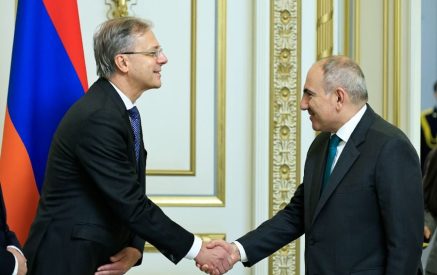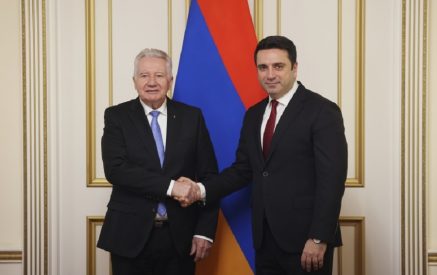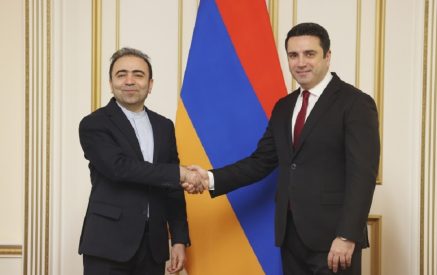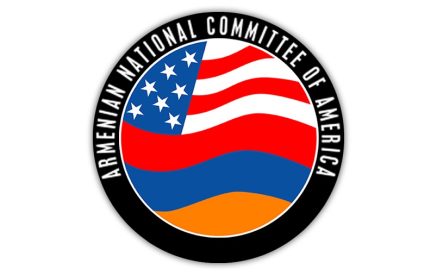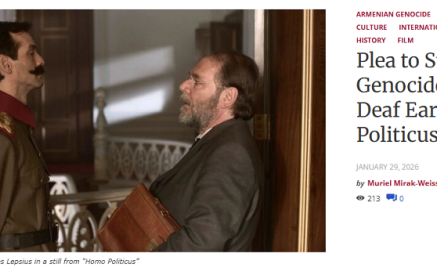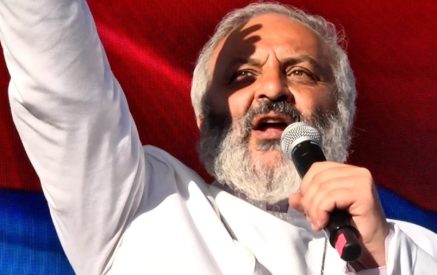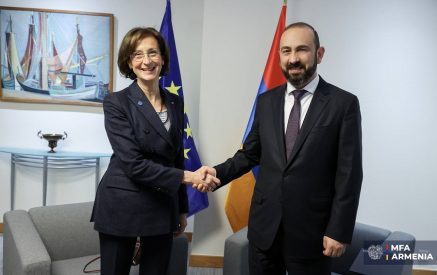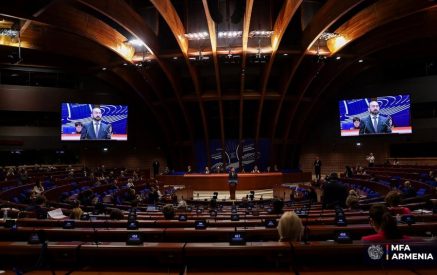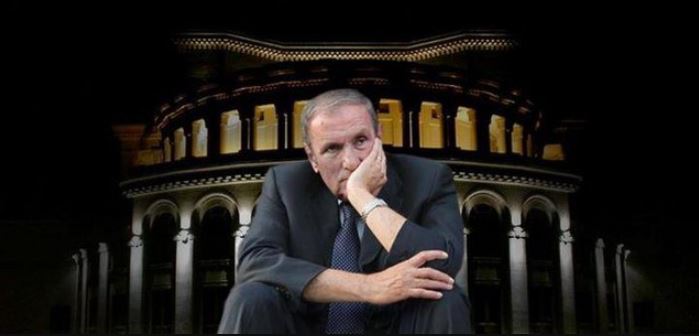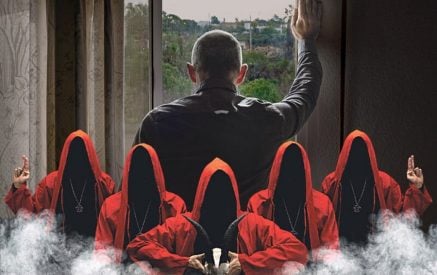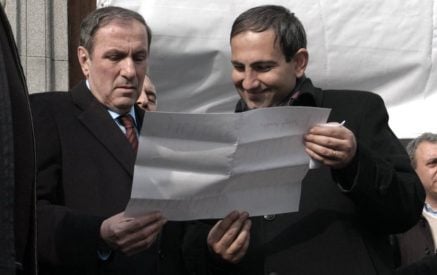People with doubts are the most defended after the “zombification”
I was watching a movie recently about how people are “zombified.” Please do not consider this word as a curse; it is just a psychological technique. Virtually any person can be inspired by any thought or dictated by certain behaviors, including perceptions that are in stark contrast to reality but are beneficial to certain groups. Of course, there are people who more or less tend to be “inspired,” but no mortal can completely avoid it. Why? For a very simple reason: we are social beings, and to one degree or another, we need the interactions of the people around us, in particular, support, appreciation, applause, and so on.
The “zombification” scheme presented in the film is very simple; the six pre-trained people who pretended to be participants in the experiment were taught that they should call the white ball black, and the uninformed 7th “real” participant, who is the “object” of the experiment, should answer the question about the color of the ball. As a rule, this person obeyed the opinion of the majority and called white ball black. The motives and psychological techniques of influence are different; some feel safe in the majority, some are deceived and told that those who express opinions are great experts, and for some, the role of “team spirit” or self-pride plays a role. And it’s not just the special people who can be influenced or who can DOUBT. They are not sure that they are right; they accept that maybe the majority is not wrong, they do not oppose it, but they continue to gently insist that white is white.
I immodestly think that I belong to that group of people. As a citizen of the state, I find it difficult to make decisions. I hesitate, doubt, and have reservations. When people write on Facebook that they unconditionally support this or that, it seems strange to me. Only God is unconditional; mortal behavior and thoughts are always “reserved.” To accept someone unconditionally means to build a mythology around them and to welcome their behavior in all cases. If necessary, say that something white is black. And with this “skeptical” approach, I voted for the Armenian National Congress in the last elections, but it does not mean that I unconditionally accept that party and its leader. First of all, let me say why I chose the ANC. I must remind you that in the Armenian reality there were three ideological currents: communist, ARF and, (conventionally speaking) the Pan-Armenian National Movement. The first was imported from abroad, and in my conscious age, it no longer has any practical impact: in the 1970s, the communists, including the leaders, did not believe in communist ideas, regardless of their speeches from the pulpits. In contrast, the ARF ideology has been and remains the most influential among Armenians. By the way, it was a gross mistake for Ter-Petrossian to spoil relations with the Dashnaks. The harmonious development of our state depends on national unity, as well as cooperation with the Diaspora, and without the ARF, it will hardly be possible. As for Pashinyan, I would not have expected him to offer to burn the ARF flag at the time of his usual rhetorical outburst of rage; thousands of patriots were killed under that flag.
Read also
In 1988, a new ideology was born based on the “dry perception” of real-politik. This direction does not reject national values as its opponents claim; it simply puts those values within clear state frameworks. What the Karabakh committee said in 1988-1990 and what Ter-Petrossian said after that (also during this election campaign) was based exclusively on real-politik. Did this approach benefit or harm our state and Artsakh in 1991-1998? I think it benefited us. I would even say it was an unprecedented benefit. On the other hand, did Ter-Petrossian make unforgivable mistakes both during and after his rule? Again, I think so, and by the way, the explanations of the ANC members about the events of 1996 do not seem convincing to me. Ter-Petrossian’s proposal to unite with the three former presidents and fight against the current regime without claiming power was conditioned by the same pragmatic considerations. If the offer was accepted, it would have resulted in what will happen anyways in the coming years or maybe months: the four leaders of Armenia will say goodbye to the political arena and open the way for new forces. But the same Ter-Petrossian rightly stated that timing is crucial in politics: what is favorable today may not yield the same result tomorrow.
Now, about my hesitations.
- It is true that starting a new war now is madness, but it should have been said more clearly and unequivocally what domestic and foreign policy steps are needed to restore the viability of our state structures and army.
- The phrase “oh, you should have listened to me then” should not be the core of all speeches.
- You should not talk to people in the tone of “when will you finally understand?”
This is how a citizen with doubts and hesitations differs from “unconditional supporters” and supporters of the cult of personality.
Aram Abrahamyan
















